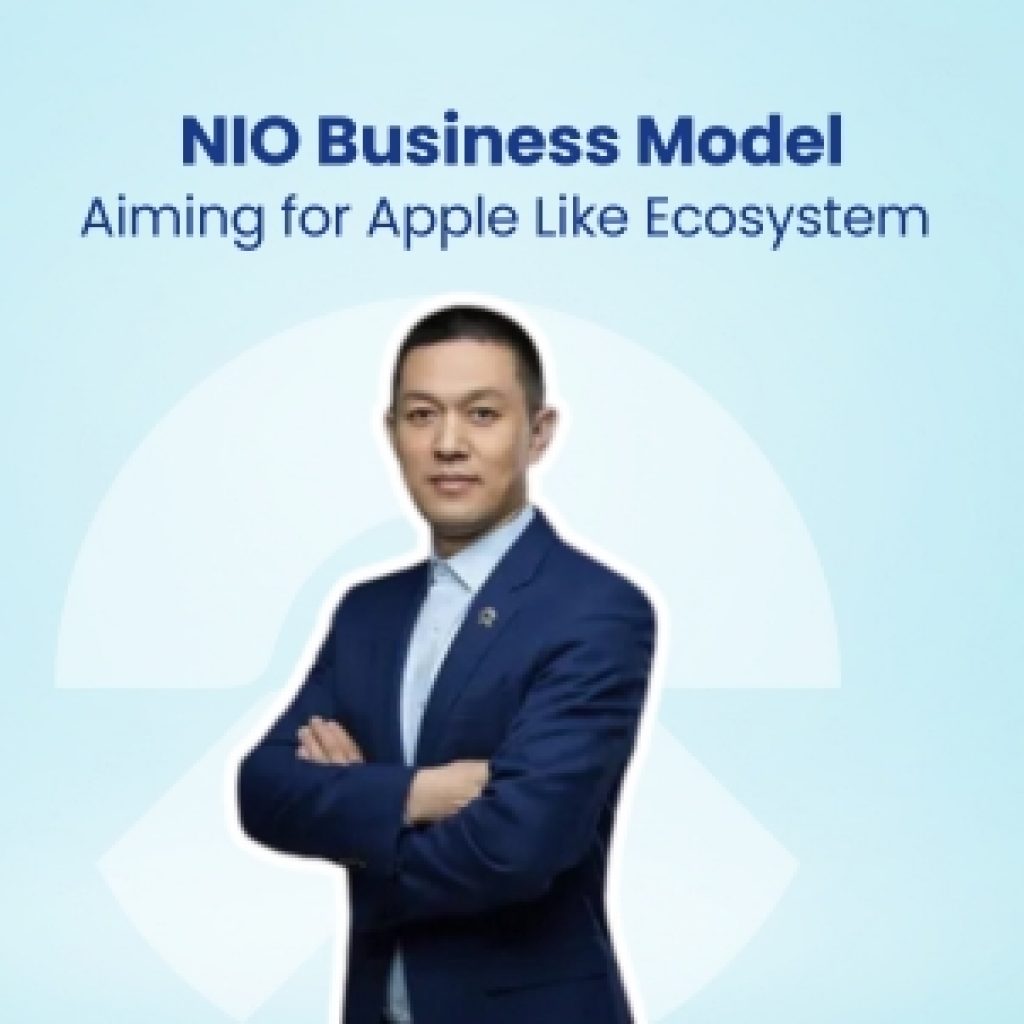“Yes, I get that innovation is the need of the hour, but we are in a rut. We have been working on this for months, and there seems to be no end in sight!”, said David, exasperated.
David is the R&D head of a big dairy company and one of our newest clients. Here’s an excerpt from his first meeting with Shikhar Sahni, one of our experts in open innovation consulting.
Shikhar: What’s the matter, David? What is it exactly that’s bothering you?
David: Well, on the one hand, Sustainability regulations for packaging have become increasingly ambitious. On the other, we cannot find a solution that can be applied to all our products while maintaining their shelf life.
We’ve tried almost everything. Our in-house team has been testing different packaging materials. We checked with our packaging suppliers and even conducted an accelerator program, hoping the solution would be out there, but in vain. How long can we keep up with this? I wish there were a radar system that would set off as soon as someone has a solution to our problem!
Shikhar: This is an industry-level problem, and I am sure there must be solutions. Have you looked into the products and experimental results from startups?
David: *with a raised eyebrow* I’ve heard companies are collaborating with startups these days, but I have my doubts about it. Plus, how do we go about finding which startup/s has the right solution for my company?
This conversation wasn’t a first for Shikhar. Even though big companies like David’s realize the need to change their ways (scout), the thought of doing something out of the normal raises questions. And for them to move forward, these questions need to be answered. So what better time to answer them than now?
Well then, let’s start from the beginning…
What is Startup Scouting?
Startup scouting is the process of searching, identifying, evaluating, and selecting startups for collaboration or acquisition. Emerging from the concept of open innovation, this method has made it possible for companies to survive the wave of innovation today.
Through this process, you will be able to access innovations around specific challenges and innovations near commercialization. This can be achieved by partnering with the startup, investing in it, acquiring it, or even simply buying the product/assets.
Startup scouting can be an effective way to help you find new ideas for products and services. It can also help you solve technical challenges, integrate new technologies in your domain, and penetrate new markets.
But it isn’t as easy as it sounds. In some cases, the company may not know exactly what problem they are trying to solve before seeking a solution, which blurs the scouting area and the resources needed.
Consequently, the Scouting approach is divided into two main categories – Active Scouting and Passive Scouting. But, first, let’s understand the difference between the two.
Types of Startup Scouting
| ACTIVE SCOUTING | PASSIVE SCOUTING |
| In active scouting, we are seeking solutions to a clearly defined problem. Since the problem is known, finding a solution is the only thing left to do. Active scouting plays a significant role in determining the course of action. Simply put, it means that you are well aware of your needs and can determine if the solution is appropriate or not. Here, the primary goal is to solve the problem. | In passive scouting, you have no clear picture of the problem in your mind. It is, therefore, a broader process of scouting, focused mainly on building trust and mutual understanding between the companies and startups. Simply put, it means that you are not aware of your needs yet. In this case, the main objective is to explore your options. |
As Shikhar explained startup scouting to David, further questions came to his mind.
David: Oh, I get it, but why is startup scouting important for my company?
Shikhar: Well, to answer your question, let’s understand why one should scout startups.
A startup is often chosen as a partner because they are eager to break into new markets, experiment fast, are usually more open to creative thinking, and are risk takers. Through this, they can bring new innovations and changes to the market much faster (which is what a corporation like yours needs).
The purpose of scouting startups is to help companies identify business opportunities and risks associated with emerging technologies and trends, and sometimes take the proven solutions of startups by avoiding the journey to fail and experiment or avoiding the risk of damaging the company image by the launch of premature products which startups can easily afford to do to test markets. As a result, companies can make informed decisions on various policies that will positively impact their future success.
By collaborating, companies can maintain their position in the market and remain competitive.
David: Okay, but are you positive this method is suitable for me?
Shikhar: To explain this, let me share some cases where it has worked, and you will be able to judge if it suits your situation.
When can you use startup scouting?
1. Whenever the required technology is beyond the company’s core expertise or the problem to be solved overlaps with other industries, looking for collaborations can be effective.
In one such instance, we worked with a tobacco company on the power management issues of their e-cigarettes. As e-cigarette manufacturers, they wanted to increase their products’ battery life to reduce the inconvenience caused to their consumers.
They asked for our assistance with this issue because working on the battery life was new to them (as it wasn’t a part of their core competency).
Our team of professionals scoured startups with the best solutions not only in the tobacco domain but also in the power management industries, as battery management is part of their core competency.
To offer our clients the most satisfactory solutions available, our team closely examined the solutions and companies on various aspects like the synchronization of the solutions with the end product, efficiency of the algorithm being used, impact on the battery life, its commercial viability, and cost. The clients were then given the solutions that best met their needs.
2. In another situation, one of our pharmaceutical clients asked us to find startups that can help them quickly move towards the supplements domain. Here we searched for the products that have already secured good market feedback.
As a result, GreyB prioritized the startups worth collaborating with based on criteria like market potential, product feedback, customer base, customer ratings, product alternatives, and risk assessment around products and companies, which helped the client quickly see the available options and decide on future strategies.
That’s how startup scouting proved to be helpful.
These are just a few examples where we solved clients’ problems with startup scouting. There are many such situations in which a company scouts startups. Let’s look at them in detail.
How can startup scouting help your company?
- Innovation adoption – Established companies cannot go with the startup philosophy of trial and error. So it is better to pick up something already built and tested by some other startup instead of making it in-house. The costs and time consumption will be much lower than innovating from scratch.
- Research collaboration – Startups quickly pick up the latest market trends, which big corporations lack. Startup scouting can help you understand the latest market trends, allowing you to adopt or co-develop new solutions. Thus, providing an opportunity for your company to work with other tech geniuses.
- Competitive Edge- To succeed in a competitive market, we need to be among the best, and startup scouting can assist us in achieving that goal more quickly. Launching a new product based on the latest technology will certainly position you at the top of the market.
- Investment purpose – There are times when companies are looking for some startups to invest in; this can also be one of the situations where a company should opt for startup scouting to find the best startups to invest in.
- Proof of concept and success indicators – Many companies prefer proof of concept and some success indicators for the new solutions instead of following in the loop of trial, failure, and then doing it again.
- To make a broader and happier customer base – The fact that you take care of your customers’ problems before any other competitor in the market will surely make them happy and go the extra mile to build an even more extensive loyal customer base. Obviously, these satisfied customers will affect your business (there is no looking down now!)
- Recruiting Top Talent- Startups are often a hotbed for top talent. By recruiting top talents like R&D teams and innovators from startups, businesses can bring in fresh ideas and new perspectives. You will also save time generally spent on recruiting and training new employees.
David: This sounds promising, Shikhar, but do you think startups are open to sharing their technology?
Shikhar: While startup scouting can help companies greatly, it works both ways. Startups not only gain a steady flow of revenue but popularity and the perspective of future collaborations with other big companies. It’s a win-win.
David: So, how do you suggest I scout the right startup for my company?
Shikhar: The best way to start scouting startups is to identify the problem you are seeking a solution for or the purpose you have in mind where the startup will be helpful. And then explore the sectors or markets that can provide you with a solution. Next is to track the most active startups in these areas. Several resources can help you do this, including startup databases, startup scouting platforms, attending startup events, and expert consultation.
Let’s understand this in detail.
How to scout startups?
Startup Scouting Databases
Databases contain information about a wide range of innovative startups and other important information, such as their financial status. By looking into these databases, you can find a startup that suits your needs. Commercial databases gather the startups based on different criteria like funding finding information.
Examples include –
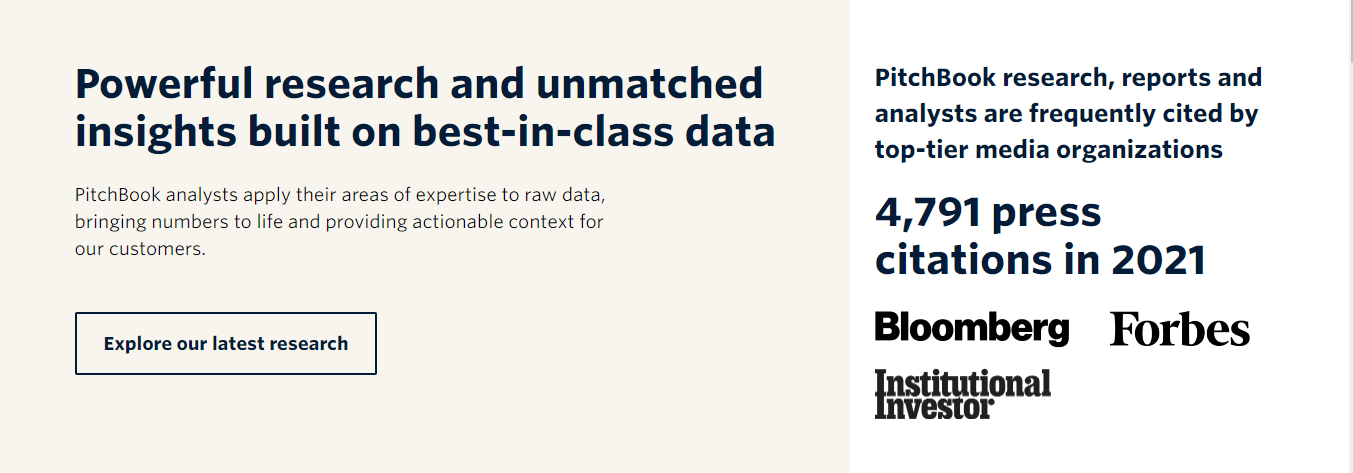
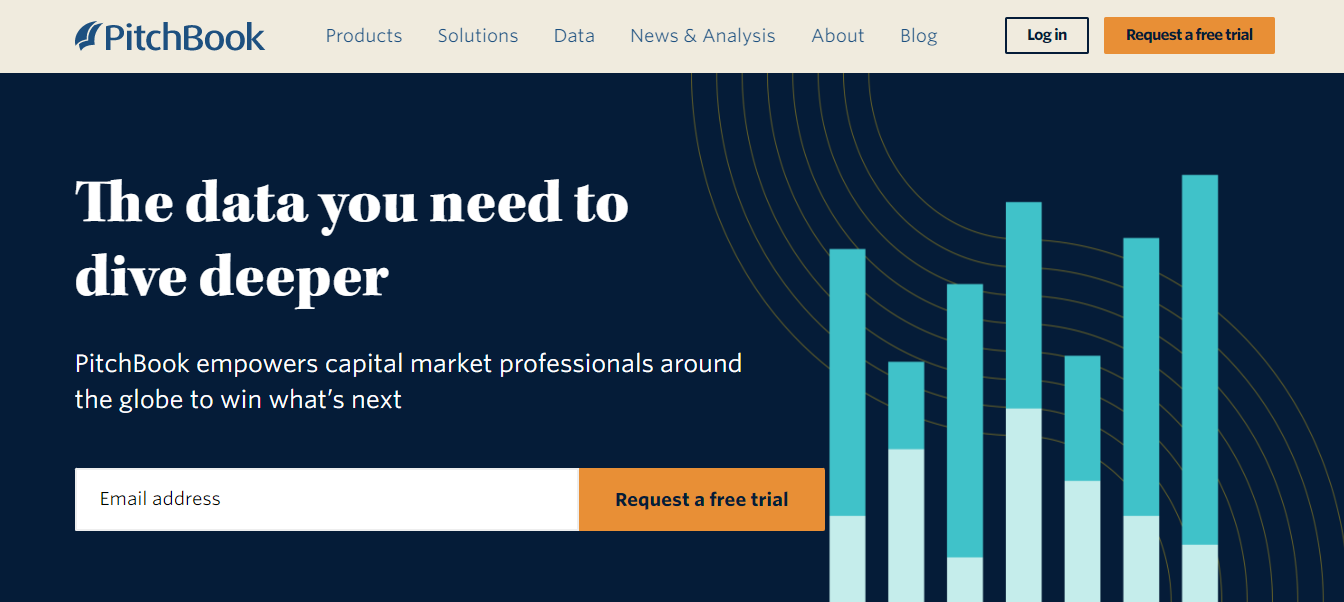
While databases can give you a tremendous amount of information, the process of manually filtering the information often turns it into a big task. Even if you find a handful of startups solving your problem, the limited information challenges selecting the right startup.
Startup Scouting Platforms
Nowadays, many platforms are available through which users can define their requirements, and the startup working on it will reach out with their innovative ideas. In short, you let the startup find you rather than finding the startup.
Examples include –
L’oreal is doing it for beauty and tech startups.
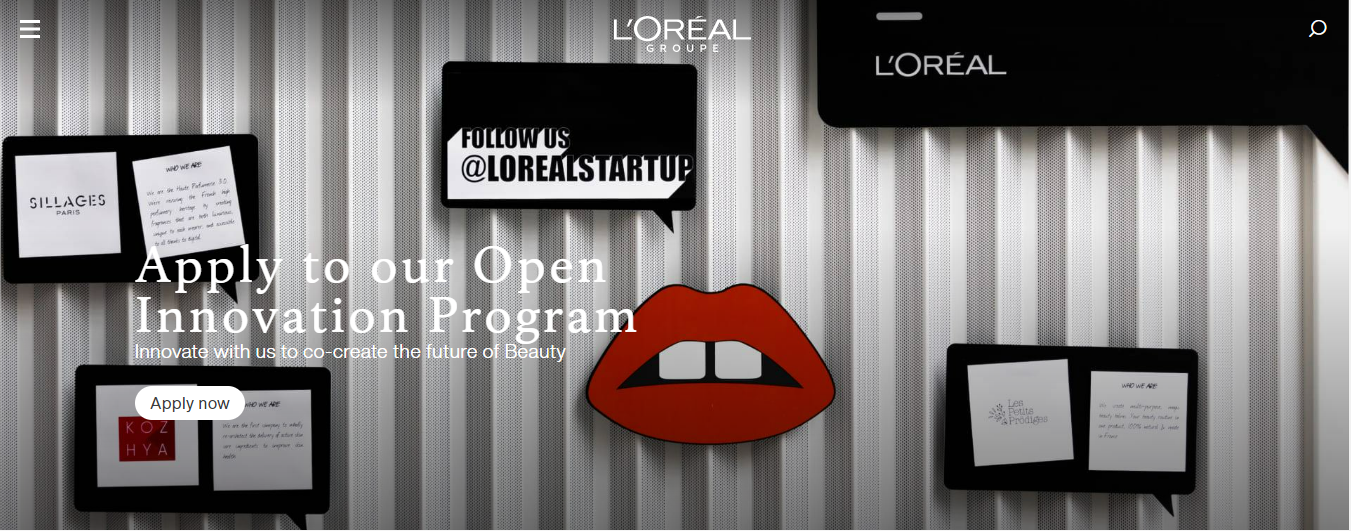 The L’oreal group’s open innovation program enables aspiring business owners in the beauty and tech sectors to connect, work together, and receive support. The program consequently enhanced their performance in the industry!
The L’oreal group’s open innovation program enables aspiring business owners in the beauty and tech sectors to connect, work together, and receive support. The program consequently enhanced their performance in the industry!
This can be a better way to scout startups than looking into the databases yourself. But it also has downsides. Not all startups may participate, some may participate only for the prize money, and you will probably have to wait for a long time before you get an answer. Once you get responses, with so many startups out there, the process of sifting through various ideas and figuring out whether they fit your needs can become overwhelming.
The next option we have is networking.
Startup Scouting through networking and events
Startups and companies attend many events like trade fairs, CES, and competitions to network and exchange ideas. These events can help you learn about various startups, meet startup founders, learn about their businesses and innovations, and see what technologies and trends are emerging in the industry. (Who knows, you might find your solution just wandering around at such events!)
But many of these events are invitation-based, which means that the startups attending that particular event can also be fewer. Also, the startups participating in such events are in the initial stages, which can also mean ideas on paper.
David: This looks like a lot of work. What is your approach to this situation?
Shikhar: You mean, how do you find the right startup at the right time without doing all the grunt work?
Well, this is where we come in. 😉
Expert Consultation for Startup Scouting
Expert Consultants can help you throughout the process, from understanding the problem you need to solve, the initial search for startups to their assessment, and getting in touch with them to check the ground reality and motivation to collaborate.
You will no longer have to worry about the hassle of looking into databases or waiting for responses on various platforms because we will do the startup scouting for you.
We have assisted numerous companies in finding startups that fit their needs.
In our recent project with a beverage company, we were asked to find a smart packaging solution that involved customer tracking for a reward-based mechanism.
To assist our client in choosing the best option, we assessed the businesses providing the required tracking and packaging solutions and performed a SWOT analysis.
Our investigation also included success ratings around the different solutions, a comparison of companies offering the solutions, and recommendations to assist in picking the optimum one. We also contacted the companies to find the flexibility to tailor the solution for the client’s product.
The client was then able to compare the startups and solutions that were offered as a result of our investigation and move forward with the selection process.
That’s how easy it can be to look for a startup that suits your needs!
David: So you’re saying consultation is the best way to go about it?
Shikhar: Well, the other options suit the situation if used in combination, and you have a team to support you with the further steps. Otherwise, opt for consulting to help you with the process. While gathering information and monitoring the startups; they also conduct a risk assessment to avoid future landmines.
Concluding notes
There is no doubt that startup scouting is a cost-effective way to find solutions to your problems. Moreover, the process is beneficial to both parties. Hence, it will also help bolster the growth of each company involved in the process.
Since the economy is growing, many startups are entering the picture. As a result, it is becoming increasingly challenging to keep up with all the innovations.
The good news is that GreyB is here to assist you. We can help you figure out your problems and sort the right startups out for you.
Looking for someone who can put all your troubles away through startup scouting?
Read Next: 13 Free and Paid Startup Databases to find breakthrough startups
Authored By: Ridhima Mahajan, Market Research



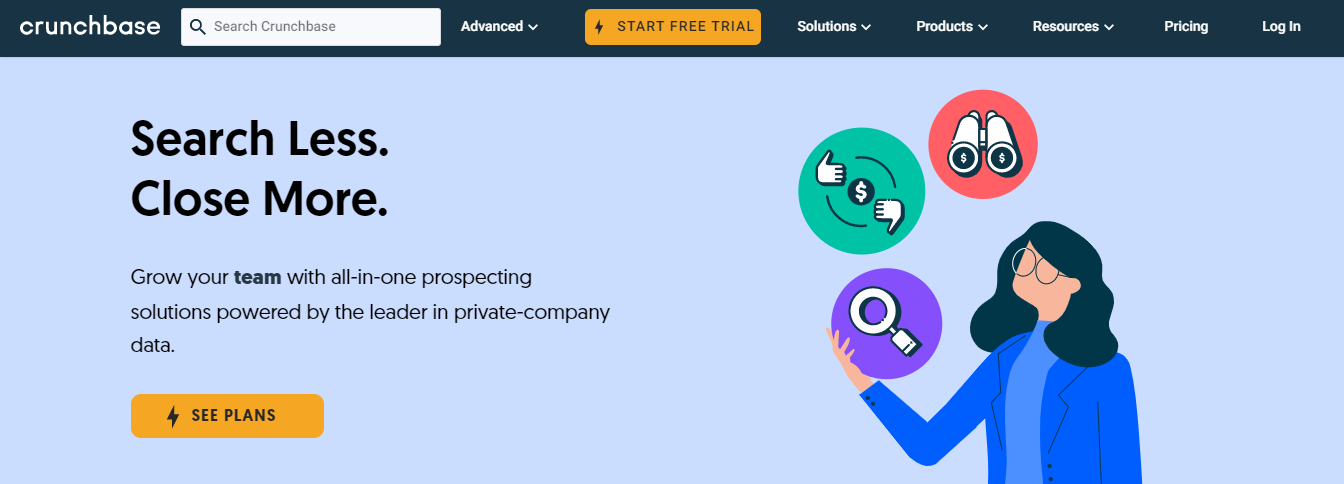 Pitchbook
Pitchbook







